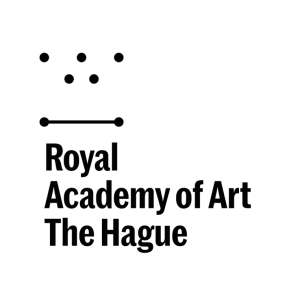Participants
Lucy Vink, Misia Zesławska, Anđela Zora Brnas, Moritz Plöns
Master Industrial Design
The Master Industrial Design exhibits the works of this years graduates Lucy Vink and Moritz Plöns.
In “‘Dead’stock, the ghost of our clothes,” Lucy Vink explores the hidden narratives of discarded garments, treating second hand discarded clothes not as waste, but as material infused with memory. She combines shredded textiles with braiding, knotting, and patchwork to preserve fragments of the original garments—and the stories they carry—while giving them new function and purpose. Each object in the series reveals a different face of deadstock, highlighting in its own way the urgency of our growing clothing waste crisis.
“Greenhousing Saprophytes” by Moritz Plöns explores the tension between using organisms for human purposes and acknowledging non-human perspectives. Investigating microbial relationships and the ethical dimensions they have on biodesign habits, the project envisions a design practice that employs micro-organisms while valuing their agency. By working with Pure Mycelium Material—cultivated, harvested, and reintroduced to its habitat— the reciprocity between human design and fungal life was examined.
Master Interior Architecture (INSIDE)
The Master of Interior Architecture (INSIDE) exhibits the works of this years graduates Anđela Zora Brnas and Misia Zesławska.
“Welcome to my room <3 (˶ᵔ ᵕ ᵔ˶) [329 tokens left]” by Misia Zesławska delves into the practice of webcam modelling, touching upon its spatial manifestations and poetics of improvised, DIY visual language of lust. Conditioned by constant technological growth and precarious economies, camrooms serve as remote stages for erotic, transactional performances, where their decor reveals a contemporary realm of digital intimacy - sensual yet deprived of tangible presence.
“Crafting Interspecies Care” by Anđela Zora Brnas is a spatial design pedagogy guided by Willow Wisdom. The project is reimagining spatial design as a living and nurturing multispecies practice, while critically challenging and "composting" dominant anthropocentric hierarchies. Through seasonal, embodied and reflective workshops the participants are sensing, learning and co-crafting with(in) willow ecosystem in reflective spirals, re-weaving themselves into their roles as caretakers of the broader ecologies they belong to.
 Free wifi available
Free wifi available
 Toilets available
Toilets available
 Fully wheelchair accessible
Fully wheelchair accessible
 Wheelchair friendly toilet available
Wheelchair friendly toilet available
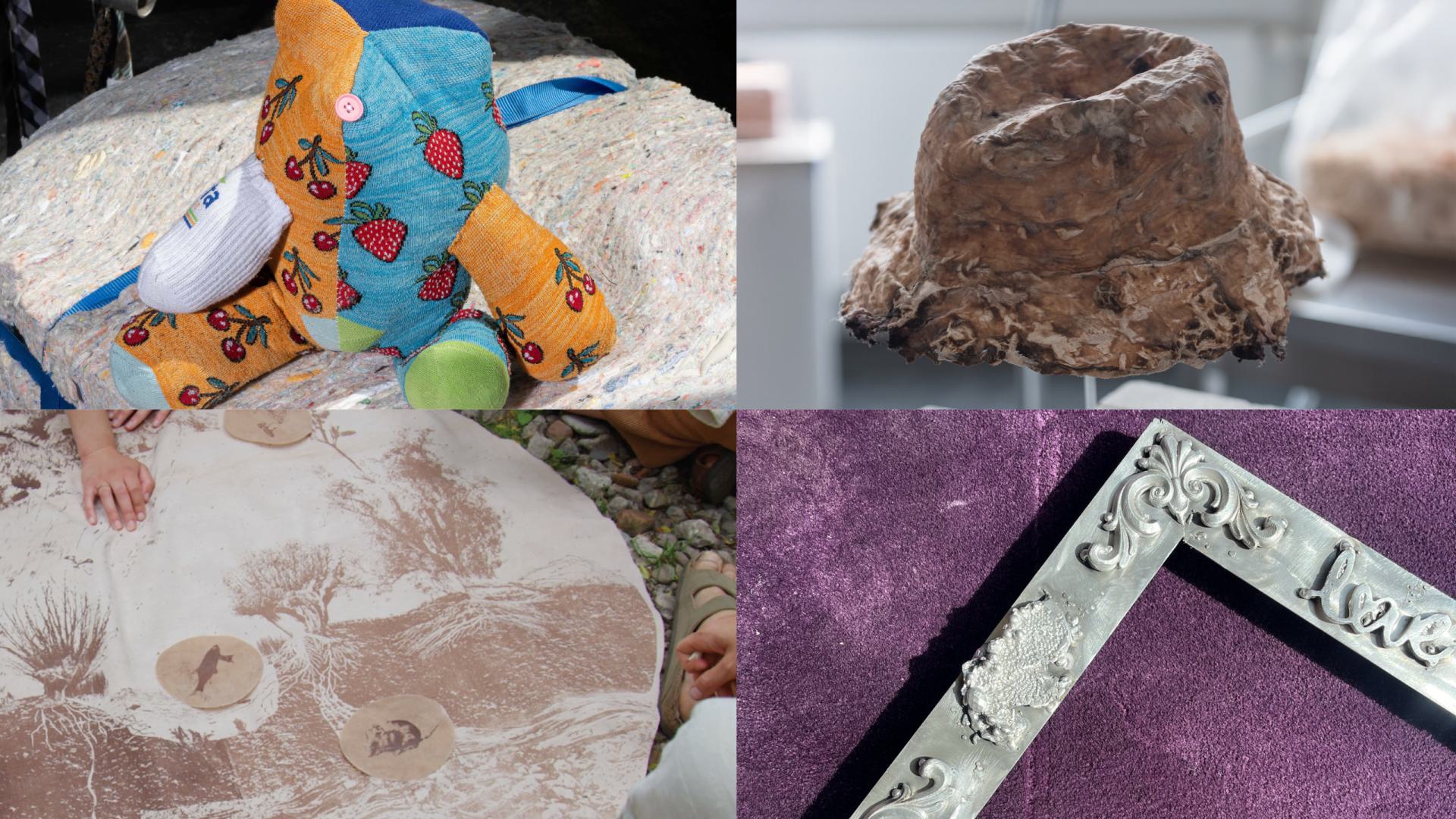
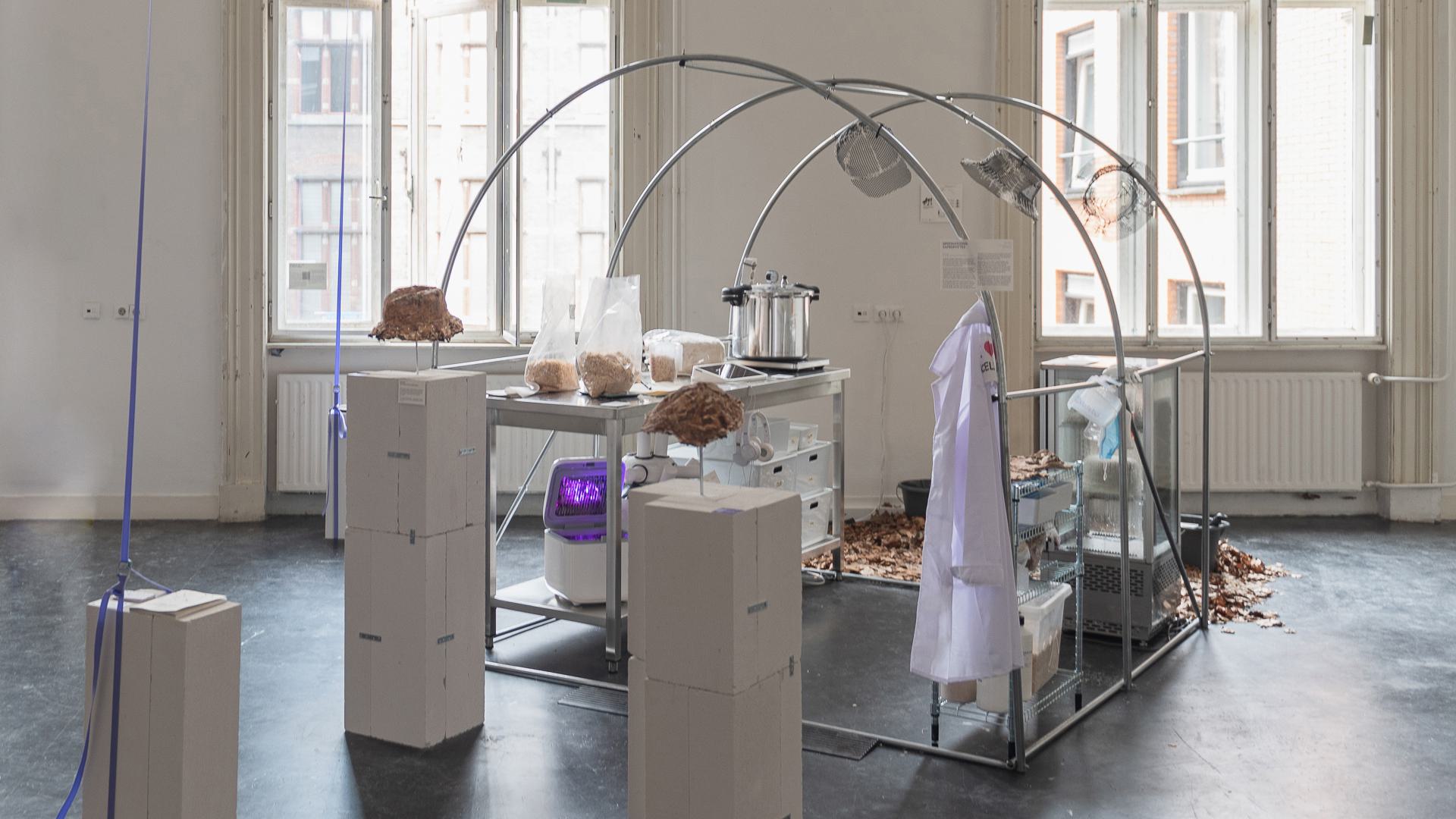
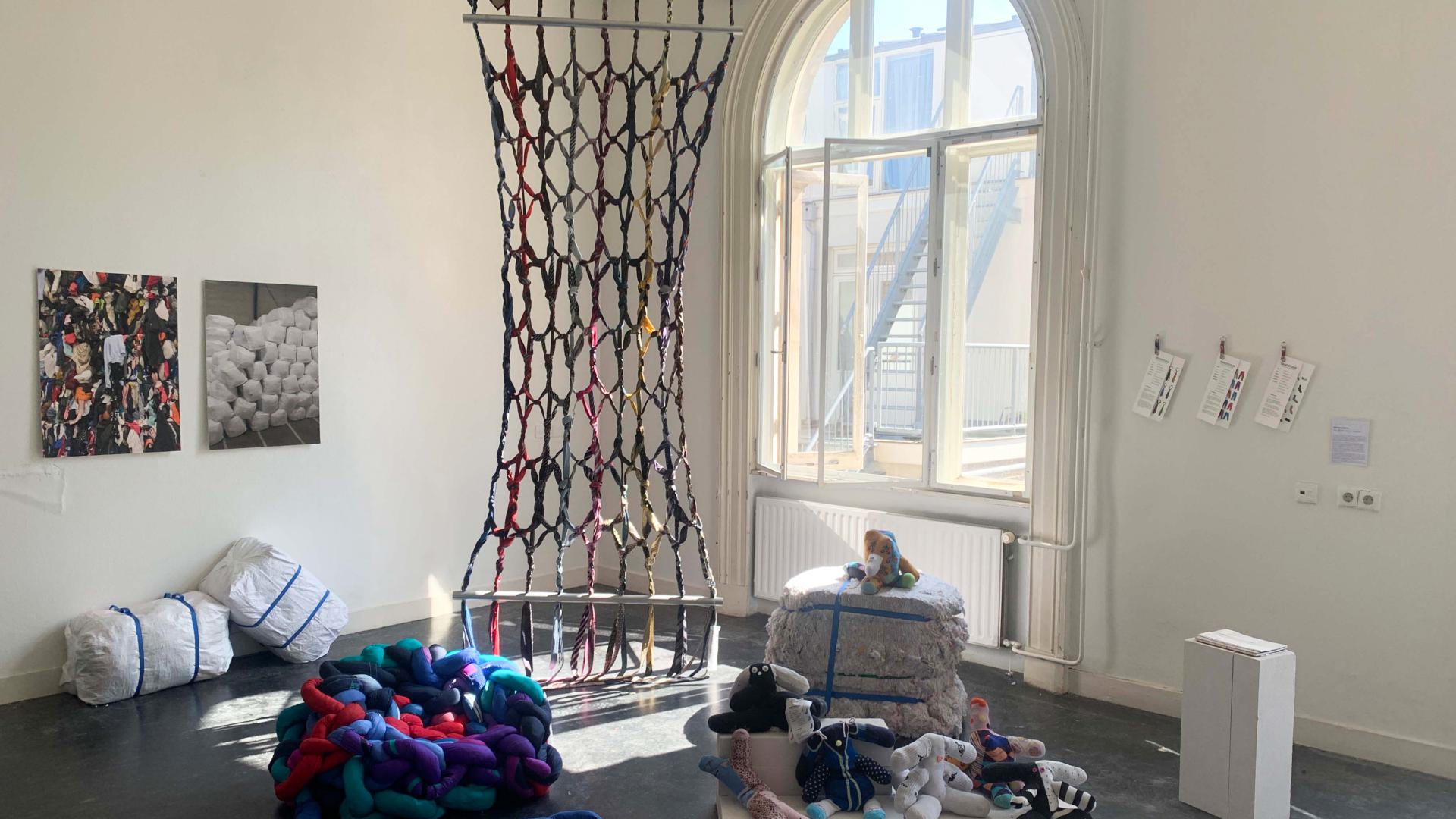
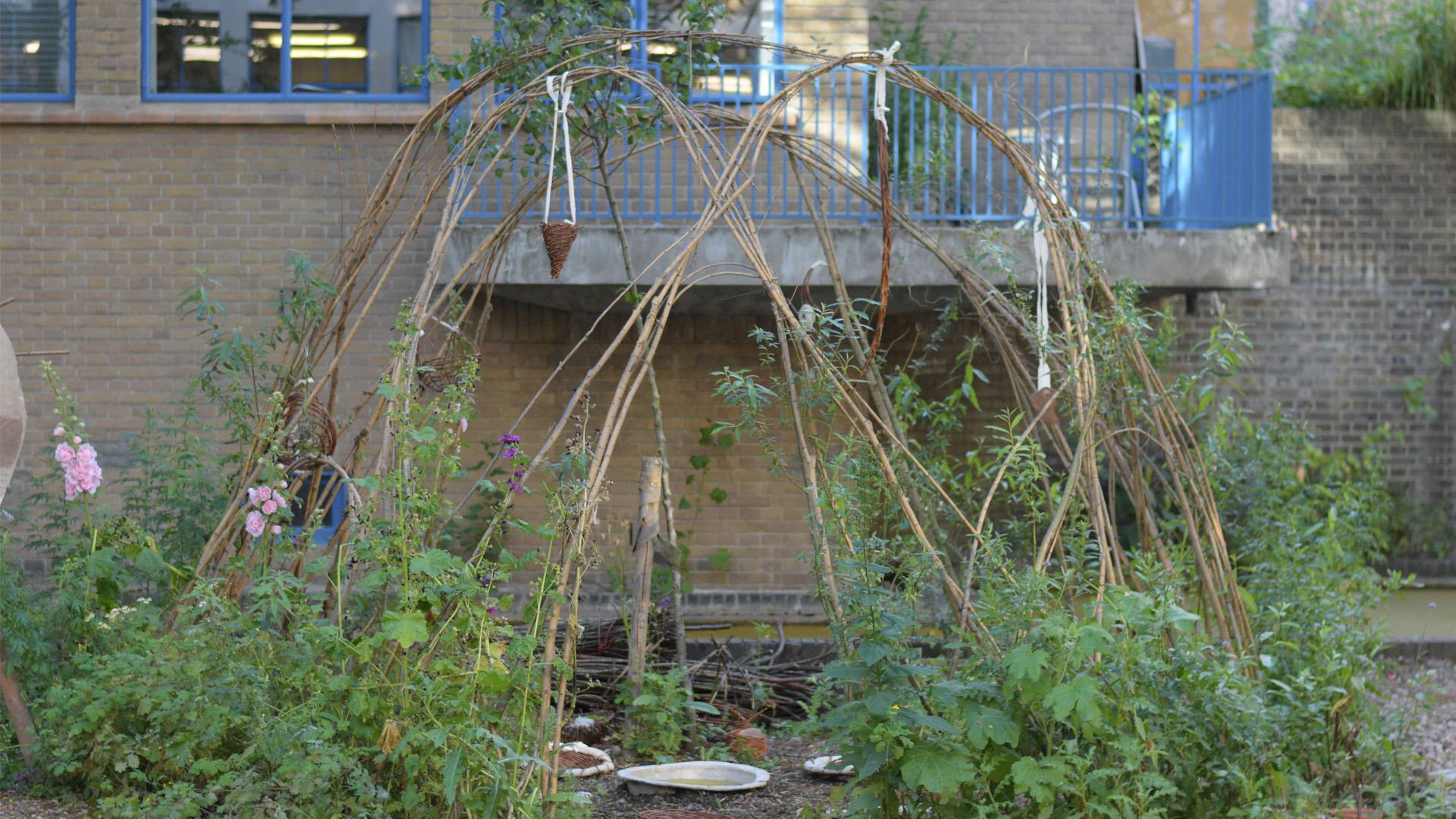
![Welcome to my room <3 (˶ᵔ ᵕ ᵔ˶) [329 tokens left]](https://ddw.ams3.cdn.digitaloceanspaces.com/thumbs/sdim0126-copy_1757688732_1920x1080.JPG)
